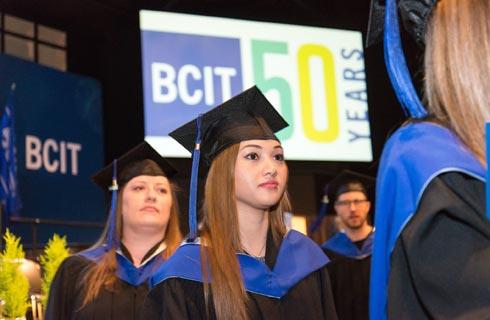宗教文学学士
Bachelor of Arts in Religion

学历文凭
Bachelor Degree

专业院系
Department of Religion

开学时间

课程时长

课程学费

国际学生入学条件
IDP—雅思考试联合主办方

雅思考试总分
7.0
- 雅思总分:7
- 托福网考总分:100
- 托福笔试总分:160
- 其他语言考试:Duolingo - 130
CRICOS代码:
申请截止日期: 请与IDP联系 以获取详细信息。
课程简介
Upon completing the BA degree with a major in Religion, students will be able to:<br><br>Develop and apply critical toolkit to the study of religion and religious traditions including (inter)disciplinary methodologies and theories at a proficient level. <br>(Critical Skills for the Study of Religion: Theory, Method, and (Inter)Disciplinarity)<br>Understand and interpret religious traditions by examining religion(s) as historical, social, and cultural phenomena. When appropriate, attention is given to the impact of globalism, immigration, colonialism, and other forms of transnational and multi-cultural (non)religious exchange at a proficient level. <br>(Historical, Social, (Multi-)Cultural Dimensions of Religion)<br>Understand and interpret the subjective dimensions of religion(s) through analyses that explore the psychological, philosophical, and cognitive dynamics of religion and religious experience at a proficient level. <br>(Psychological, Philosophical, and Cognitive Dimensions of Religion)<br>Understand and interpret religious traditions by examining the plurality of religious voices and expressions, including currents that have been marginalized, neglected, repressed, and censored in a variety of sociological, psychological, philosophical, and political ways at a proficient level. <br>(Religious Plurality and Marginal Currents)<br>Develop the ability to read religious texts in their original languages and perform translations of texts when appropriate to the student's course of study at a proficient level. <br>(Foreign Language Skills)
相关申请
 预科
预科 奖学金
奖学金 实习机会
实习机会 在校学习
在校学习 跨境学习
跨境学习 校园授课-线上开始
校园授课-线上开始 在线/远程学习
在线/远程学习
开学时间&学费
学费信息仅供参考,请与IDP联系以获取详细信息
| 开学时间 | 时长 | 学费 | 地点 |
|---|
学校排名

世界排名86
数据源:
泰晤士高等教育世界大学排名
关于莱斯大学

莱斯大学是西南部最好的大学,在整个南部也只有杜克能与其相提并论。多年来以科学、工程、艺术、人类学闻名,并始终秉承低廉的学费与高水平教学并存的态度。建筑学是全美最好的本科项目之一,同时它的空间物理学科与美国国家航空航天局紧密合作。在梅隆研究员项目中,人文和社会科学专业将与教师导师们合作,共同进行学术项目的研究,同时会提供一定的夏季研究津贴。莱斯大学鼓励学生们选双专业、甚至三专业科学与工程学都是最好的学科,因此,这两门学科的竞争也特别的激烈。学校大概有4%的学生选择了双专业。,而且经常是“电气工程”和“艺术史”这种看起来毫不相干的领域相搭配。生物科学是最受欢迎的学科,其次还有运动学,经济学,心理学和英语。
本校相关课程
其他相关课程

Doctor of Philosophy in Religious Studies
 滑铁卢大学
滑铁卢大学学历文凭
Ph.D.
开学日期
课程费用总额


宗教研究文学士学位(3年)
 劳伦森大学
劳伦森大学学历文凭
Bachelor Degree
开学日期
课程费用总额


宗教学文学士
 达尔豪斯大学
达尔豪斯大学学历文凭
Bachelor Degree
开学日期
课程费用总额


宗教学文学士
 爱德华王子岛大学
爱德华王子岛大学学历文凭
Bachelor Degree
开学日期
课程费用总额


Doctor of Philosophy in Religious Studies
 劳瑞尔大学
劳瑞尔大学泰晤士高等教育世界大学排名:1491
学历文凭
Ph.D.
开学日期
课程费用总额


宗教研究文学硕士
 渥太华大学
渥太华大学泰晤士高等教育世界大学排名:188
学历文凭
Masters Degree
开学日期
课程费用总额










 美国
美国




